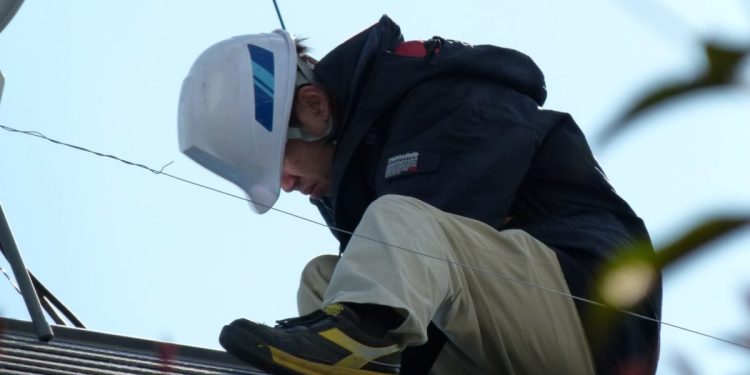Colorado residents and solar installers have accused utility Xcel Energy for having “no urgency” in installing meters and approving interconnection.
Colorado residents and solar installers have accused Xcel Energy, operator of utilities in eight states, of dragging its feet in the interconnection process for rooftop solar projects.
“They have no urgency to put them in because, as soon as they put them in, that meter profit goes down,” said Paul Webster, a Colorado resident. Webster had an array installed just before winter, and it is sitting on his roof, inactive, waiting for Xcel to move forward on a simple meter installation.
Colorado installers report that it is taking six months for the utility to install net energy meters to enable projects to connect to the grid. This presents a challenge to many customers, as delays often lead to a higher rate of cancellations and reports of bad customer experience.
Permitting, inspection, and interconnection represent 8% of the U.S. residential solar cost stack. Based on data from its members, the Solar Energy Industries Association (SEIA) estimates that a one week delay in system installation due to permitting, inspection and interconnection processes increases the client cancelation rate by 10%.
“We have a nice sunny day out there right now and I’m paying for my electricity,” said Webster. “I have 18 panels on my roof and I’m paying for electricity after I paid for the solar install.”
“It’s been just a disaster from start to finish – projects lost, projects delayed, weird error messages. Every residential rooftop company that works in Xcel is dealing with this,” said Mike Kruger, president and chief executive officer of the Colorado Solar and Storage Association.
Kruger says the delays are hurting hundreds of customers who are paying for systems they can’t use. Solar installers are losing hundreds of thousands of dollars as most aren’t paid until the project is actively producing energy.
Doug Southard, owner of Southard’s Solar Energy and Construction, has been in business for 17 years, but he said the “financially devastating” delays are causing him to struggle to keep the business in operation. Southard has 29 customers waiting on the utility, some of whom have had dormant solar arrays sitting on their roofs since May 2022.
“With no end in sight, with continued frustration, and continued impact on customers and businesses, it’s time folks with regulatory and legislative power to do something,” said Kruger, calling on the Public Utilities Commission (PUC) to take action.
The Colorado PUC said it is investigating the delays, but declined to say whether it would take any action.
This content is protected by copyright and may not be reused. If you want to cooperate with us and would like to reuse some of our content, please contact: editors@pv-magazine.com.
















